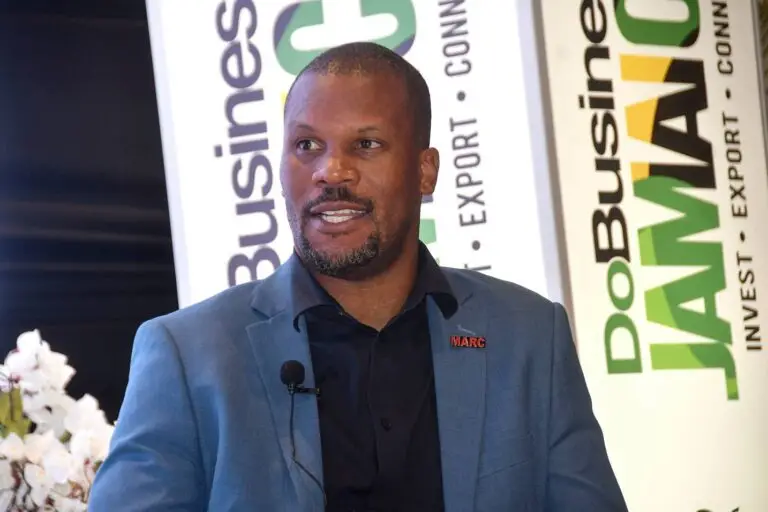In the fast-paced realm of global trade, Jamaican manufacturers are increasingly encouraged to shift gears from a reactive, after-the-fact approach to one that anticipates and prepares for international demand. Industry leaders are emphasizing that companies must lay the groundwork for export success well before orders begin to pour in, ensuring they can meet customer expectations and build lasting relationships.
At a recent industry forum, several experts underscored the need for strategic foresight. “Waiting until a surge in demand forces your hand can lead to missed opportunities and compromised partnerships,” explained a seasoned business strategist. Instead, companies are advised to build robust production capabilities, secure diversified supplier networks, and invest in quality control systems that are scalable from the start.
Building Foundations Before the Global Leap
Developing a solid export strategy goes far beyond simply having a high-quality product. It involves a holistic review of production capacity, raw material sourcing, logistics, and financial planning. Local manufacturers are now exploring partnerships with governmental and trade bodies that offer guidance and resources tailored to navigating international markets. These collaborations provide critical support—from access to export financing to assistance with regulatory compliance—ensuring that companies can pivot quickly as global opportunities emerge.
Diversification as a Shield Against Global Shocks
Recent global disruptions have highlighted the vulnerabilities of overly reliant supply chains. Manufacturers are rethinking their procurement strategies by engaging with multiple suppliers from different regions. One industry veteran shared, “By expanding our supplier base, we’re not only minimizing risk but also enhancing our ability to deliver products consistently, regardless of external challenges.” This diversification helps mitigate potential delays and ensures that production lines remain agile, even in the face of sudden market shifts.
The Value of Strong Relationships
In today’s interconnected marketplace, business success is also built on relationships. Beyond transactional exchanges, establishing and nurturing robust relationships with suppliers, logistics partners, and customers is essential. Experts warn that a single misstep—such as failing to meet delivery commitments—can tarnish a company’s reputation and, by extension, the image of Jamaican manufacturing on a global scale. Cultivating trust and open lines of communication not only strengthens business ties but also creates a resilient network that can withstand market fluctuations.
Seizing Opportunities in a Changing Trade Landscape
Tariff changes and evolving trade policies are reshaping competitive dynamics across industries. Some manufacturers see these shifts as a silver lining—a chance to compete more effectively against international rivals. As one industry insider noted, “New tariff regulations are opening doors for Jamaican manufacturers to offer competitive pricing without compromising on quality.” This evolving landscape reinforces the importance of proactive planning: being prepared means local businesses can quickly adjust their strategies to capitalize on emerging trends and trade incentives.
A Call for Strategic Agility
Ultimately, the call to action is clear: Jamaican manufacturers must embrace a forward-thinking mindset to secure a foothold in the global marketplace. By investing in proactive infrastructure, diversifying supply channels, and forging strong business relationships, companies can transform potential vulnerabilities into competitive advantages. The journey to export excellence is not just about responding to demand—it’s about anticipating it, preparing accordingly, and continuously evolving to meet the challenges of an ever-changing global economy.
This strategic overhaul is not just a trend but a necessity in an era where the pace of global commerce shows no signs of slowing. For Jamaican manufacturers ready to step onto the world stage, the time to prepare is now.






